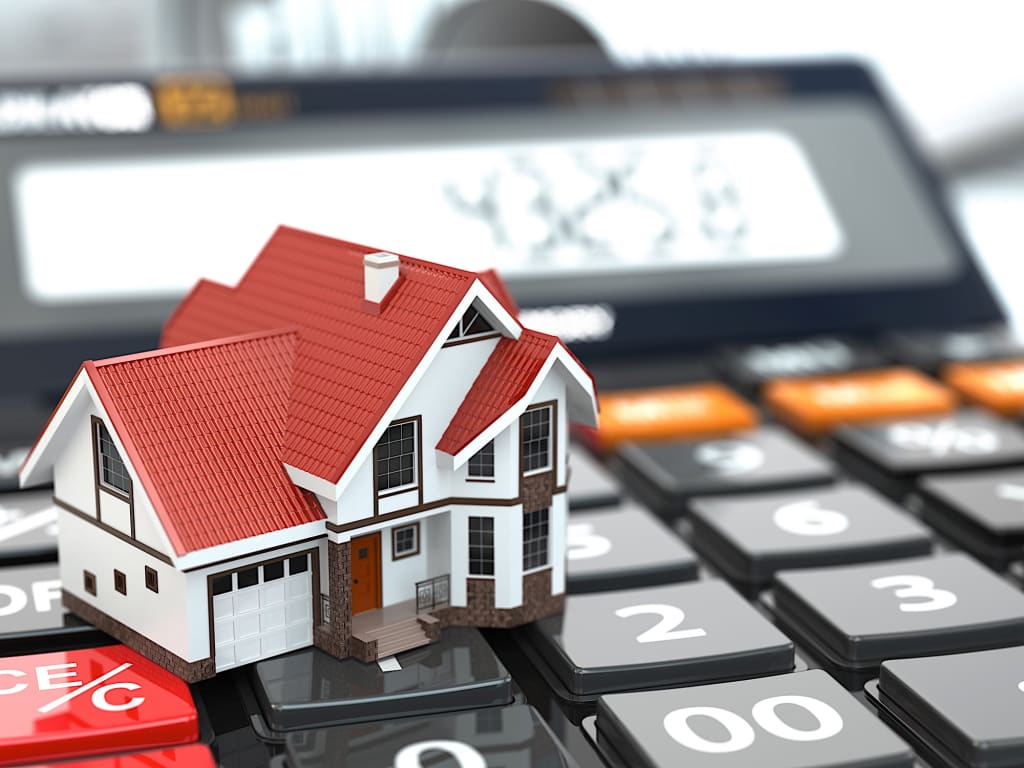
Understanding Tax Obligations for Property Managers
Taxes - the bane of everyone's existence, even property managers. Understanding your tax obligations is crucial to avoid any unpleasant surprises from the IRS. Depending on your jurisdiction, you may be responsible for property taxes, income taxes, or even sales taxes. Familiarize yourself with the specific tax laws and regulations that apply to your property type and location. Keep meticulous records of income and expenses to ensure accurate reporting. And if all else fails, hire a great accountant who can navigate the treacherous waters of tax compliance and save you from drowning in paperwork.
Strategies for Effective Tax Planning and Compliance
Tax planning can feel like a high-stakes game of chess, but with a little strategy, you can come out ahead. Start by maximizing your deductible expenses, such as maintenance, repairs, and property management accounting fees. Explore tax credits and incentives available for energy-efficient upgrades or affordable housing. Consider utilizing depreciation to your advantage, spreading out the tax burden over time. And don't forget to stay up to date with changing tax laws and regulations. Being proactive and planning ahead can help minimize your tax liability and keep the taxman at bay.
Technological Advancements Impacting Property Management Accounting
Welcome to the digital age, where even property management accounting gets a high-tech makeover. Technological advancements are revolutionizing the way property managers handle accounting tasks. Automation tools and software streamline processes, reduce human error, and save time. Cloud-based platforms allow for seamless collaboration and access to financial data from anywhere. Mobile apps give property managers on-the-go access to important financial information. Embrace these technological advancements, and you'll be well on your way to becoming the property management accounting superhero of the future.
Addressing Challenges and Adapting to Industry Changes
Change is the only constant, and the real estate accounting industry is no exception. Stay on top of emerging trends and challenges to ensure your accounting practices are ahead of the curve. From new regulations to shifts in tenant expectations, adaptability is key. Embrace technology to streamline operations and stay relevant. Develop strong relationships with industry experts and peers to exchange insights and navigate these changes together. Remember, the property management accounting landscape may evolve, but with a little flexibility and a sense of humor, you'll be well-prepared to face whatever comes your way.In conclusion, property management accounting is a critical component of effectively managing real estate properties.
By adhering to key principles, maintaining accurate financial records, utilizing appropriate systems and software, and staying abreast of industry trends, property managers can navigate the complexities of financial management with confidence. With a solid understanding of property management accounting, professionals can make informed decisions, optimize their financial performance, and ultimately achieve success in the dynamic world of real estate management.
FAQs
Why is property management accounting important?
Property management accounting is vital because it allows property managers to accurately track income, expenses, and financial performance. It helps in budgeting, forecasting, identifying cost-saving opportunities, ensuring rent collection, and complying with tax obligations. Accurate financial records are also crucial for attracting investors, securing loans, and demonstrating the profitability of the managed properties.
What are some best practices for property management accounting?
Some best practices for property management accounting include maintaining separate bank accounts for each property, implementing a robust accounting software system, reconciling bank statements regularly, documenting all financial transactions, conducting regular audits, and keeping detailed records of lease agreements and rent collection.
How can property managers effectively budget and forecast?
To effectively budget and forecast, property managers should analyze historical financial data, consider market trends and property-specific factors, factor in potential maintenance and repair costs, and collaborate with property owners and stakeholders. Regular monitoring, tracking actual financial performance against projected budget, and making adjustments as needed are essential for successful budgeting and forecasting.
About the Creator
Farzam
We are a complete property management outsourcing solution. We manage everything related to Property answering, property management accounting, maintenance dispatching, and much more. We’ve been managing for over 7 years.





Comments
There are no comments for this story
Be the first to respond and start the conversation.